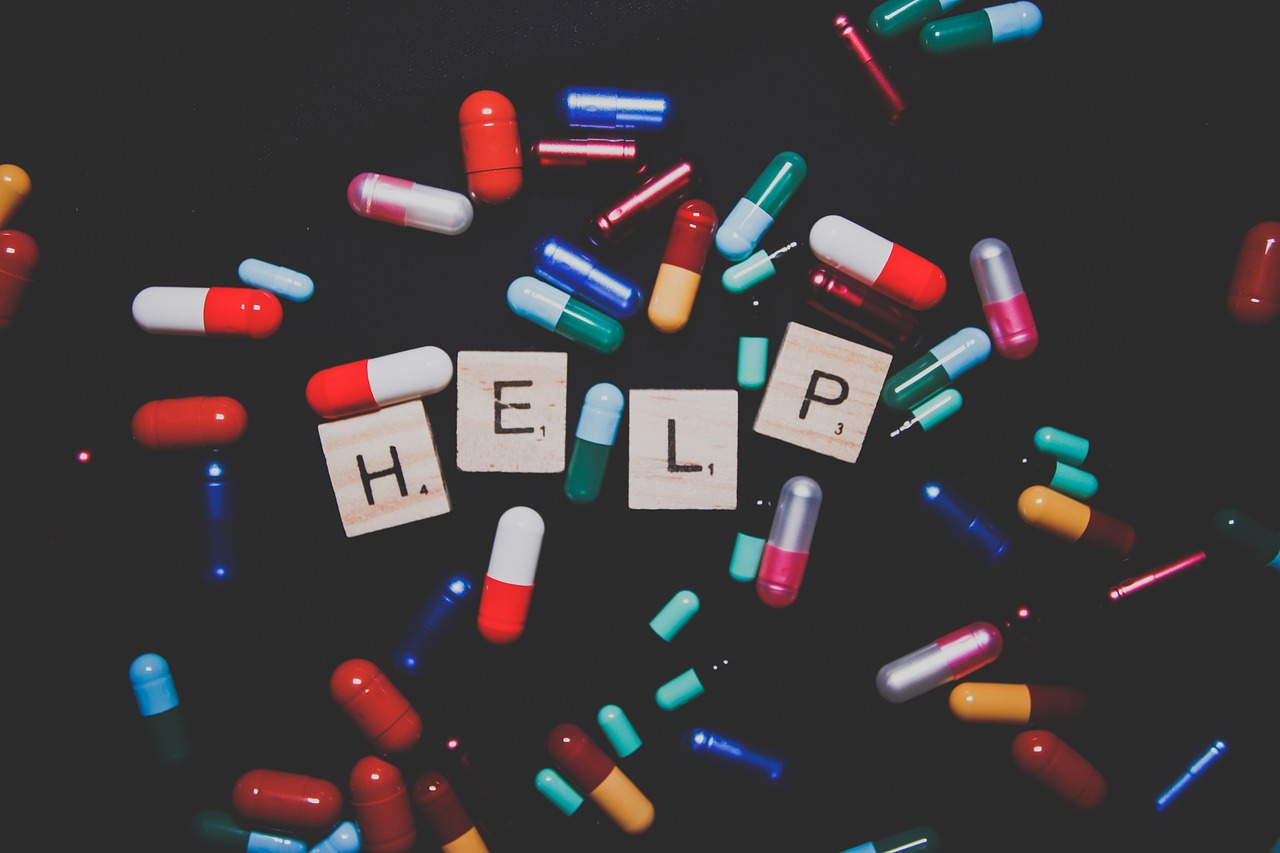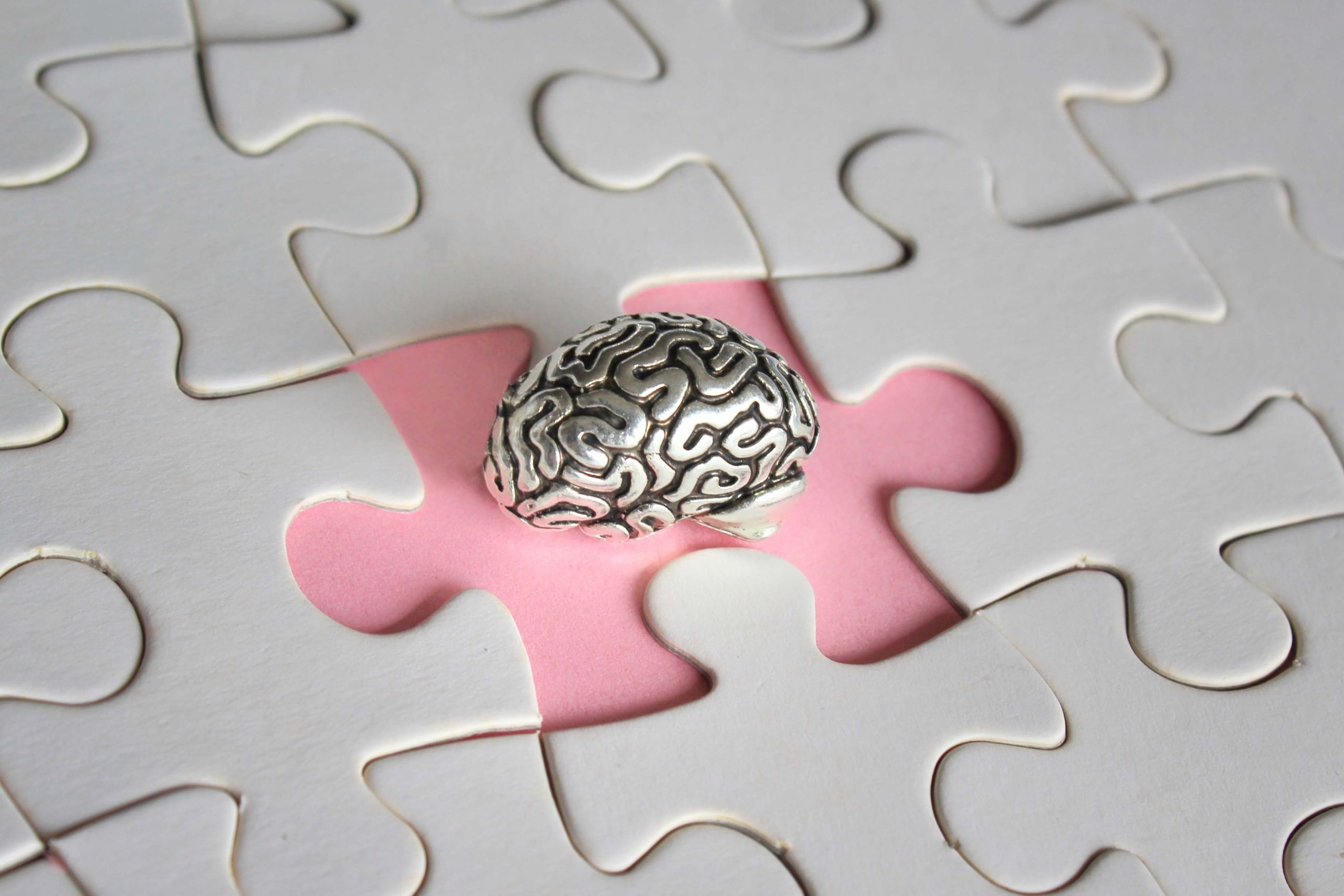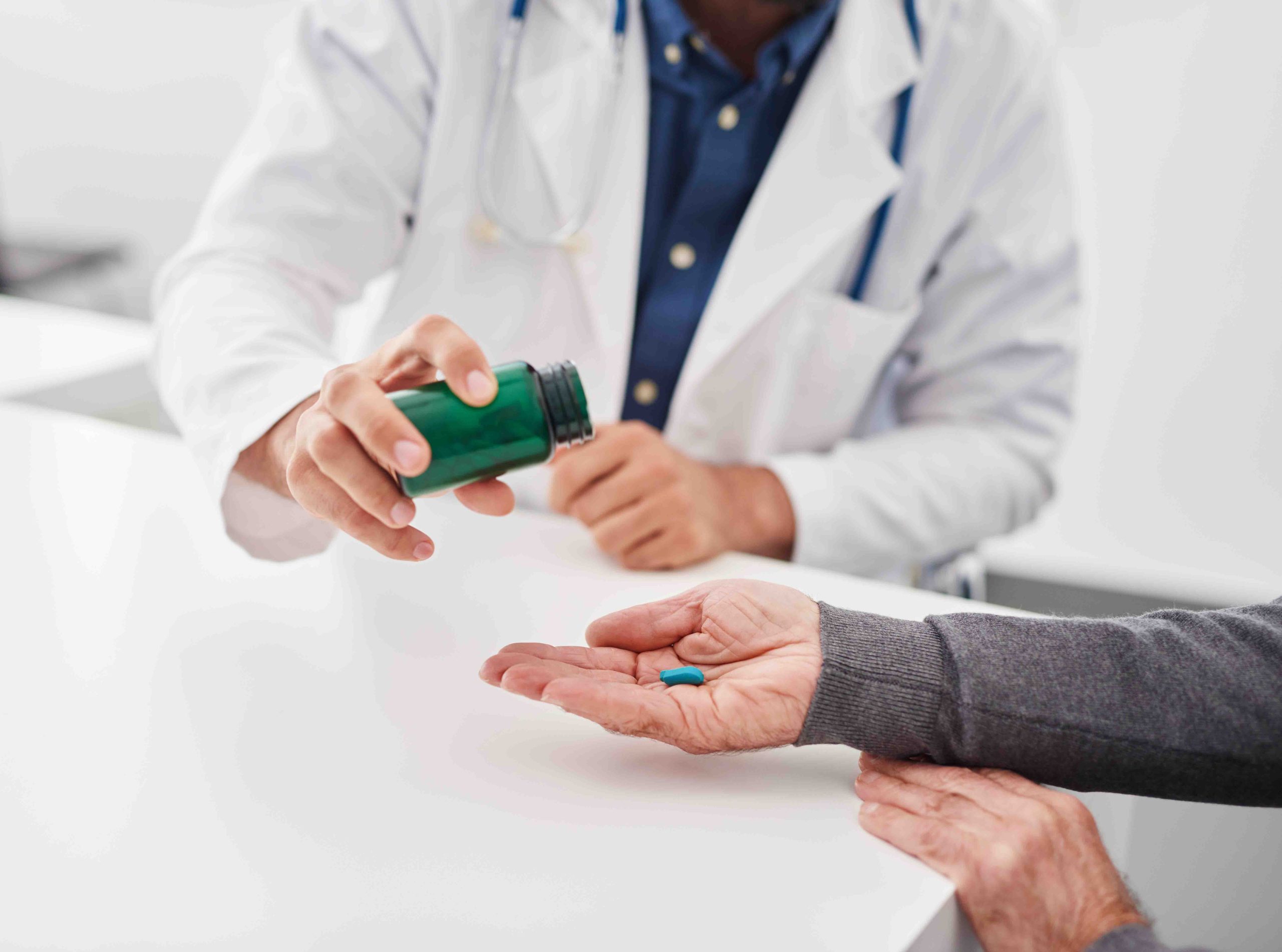“I found out what happiness is only after taking sertraline”.
“Before starting paroxetine, I had panic attacks every single day, getting out of my house was a big no for me”.
“Escitalopram has made me improve till being able to participate actively in my psychoterapy”.
These sentences, and many others that we psychiatrists hear in the office in Madrid quite often underline the value of the selective serotonin reuptake inhibitors (SSRI), the antidepressant medications most prescribed currently although, as we’ll discuss later, they are not only used for depression.

These are the SSRI, in order of development:
- Fluvoxamine (Luvox).
- Fluoxetine (Prozac).
- Citalopram (Celexa).
- Paroxetine (Paxil, Seroxat).
- Sertraline (Zoloft).
- Escitalopram (Lexapro).
And their approved indications:
- Depression.
- Generalized anxiety disorder.
- Social anxiety disorder.
- Panic disorder.
- Obsessive-compulsive disorder.
- Postraumatic stress disorder.
The first ones started to be used at the end of the 80s, fluoxetine particularly, and became so famous that a few years later we could read best-sellers whose title contained the word “Prozac”, brand name for fluoxetine: Prozac Nation: Young and Depressed in America (E. Wurtzel, 1994), Amor, curiosidad, Prozac y dudas (Love, curiosity, Prozac and doubts; L. Etxebarría, 1997), Plato, not Prozac! (L. Marinoff, 1999), or even El Prozac de Séneca (Seneca’s Prozac, C. Newman, 2014).
These medicines put in the public arena much needed conversations about mental health, and have contributed hugely to lessen the associated stigma: they brought along a great revolution in the treatment of various disorder and in closing the gap between Psychiatry and global society.
In order to understand why SSRI meant such a revolution we have to consider the psychopharmacology then present, used to treat depression and anxiety: the “old” antidepressants (monoamine oxidase inhibitors [MAOI], tricyclics) and barbiturate/benzodiazepines. Even though they are really effective, their side effects cause discomfort to say the least, most are sedating, may be lethal in overdose and their addiction potential is high. With SSRI, for the first time ever the psychiatrists have at hand a pharmacological armamentarium which is effective, well tolerated, easy to dose and not addictive.
The name betrays their mechanism of action: these drugs inhibit in brain synapses (sites of communication between neurons) the reuptake (return to the cell) of serotonin, a very important neurotransmitter; this leads to an increase of available serotonin in the synapsis, and gave rise to the «chemical imbalance» so widely purported for years as cause of the symptoms: both patients and doctors claimed that a “deficit of serotonin” lay at the root of the disorders. This excessively simplistic notion has been discarded (among other reasons, because the increase in serotonin in the synapses occurs immediately, while the antidepressant, antiobsessive or antianxiety action usually takes from days to weeks) and currently we consider that these medications act instead as “emotional regulators”, modifying emotional perceptions at unconscious level. It is clear that serotonin is just a piece in the big brain puzzle and mental disorders, but the fact that we ignore the exact mechanism of action for SSRI does not necessarily mean that we shouldn’t use them, as some claim. Suffice to say that we still don’t understand the mechanism of acetaminophen (paracetamol), one of the most used medications in the world, and we don’t let this stop us from making use of its great efficacy to treat the headache or fever caused by a cold, for instance.

What is it like to take antidepressants (SSRI)
And after this theorical discussion of their mechanism, here comes a more practical exposition. ISRS are extremely easy to take: once a day, with or without food. They are very safe (even in pregnancy!), have very few absolute contraindications and are mostly very well tolerated. Their most frequent side effects are upset stomach and nausea (up to 10%; they usually disappear after a few days of treatment), excessive sweating, nervousness (they may increase anxiety initially) and tremors. Other effects, much less frequent (1% maximum) include sexual issues (from decrease in libido to impotence and lack of orgasm), a feeling of excessive emotional indifference, suicidal ideation and bruising/bleeding tendency. We must remember that most patients do not suffer any effect, the vast majority of them tend to disappear as the treatment goes along and very often it’s possible to minimize them starting with low doses and increasing as suggested by the 2017 top song: des-pa-ci-to (slowly, just in case there’s still someone unable to translate).

It is always appropriate to remind that, as it is the case with every other medication in continuous use, they have to be recommended, prescribed, controlled and withdrawn by a doctor: let us help you here at SINEWS, with SSRI and a lot else!
About the author
Alicia Fraile is a psychiatrist at SINEWS with more than 20 years of experience in general clinical psychiatry. She has worked in brain damage, Mental Health Centers, occupational psychiatry, work accidents and their repercussion in psychiatry (post-traumatic stress disorder, adaptive disorders), patients with chronic health problems and of course with the most frequent pictures of our field: anxiety, depression, insomnia, obsessive-compulsive disorder.

